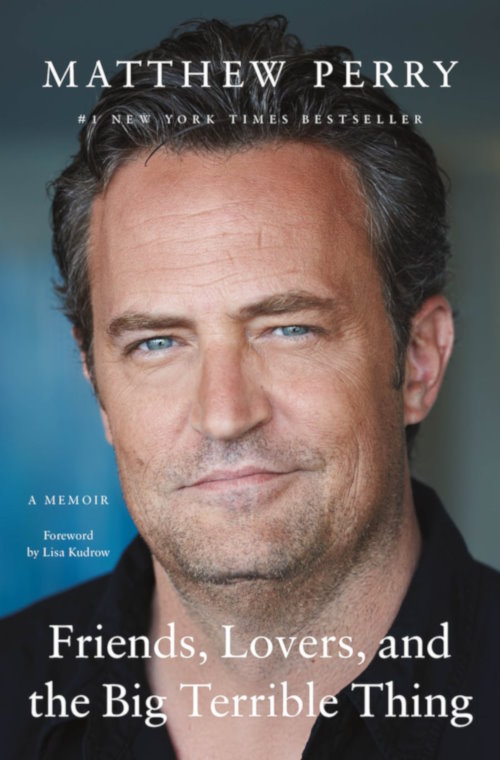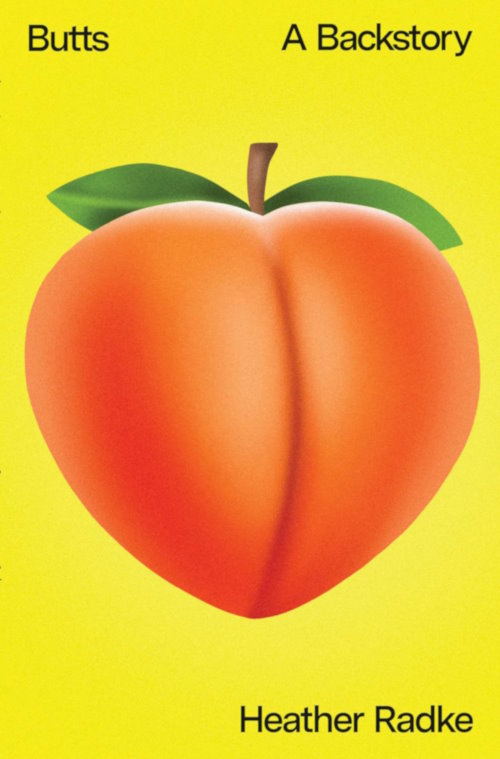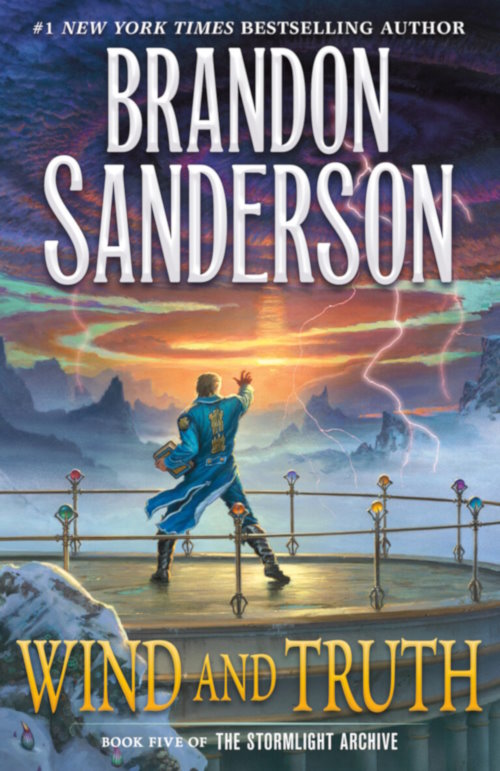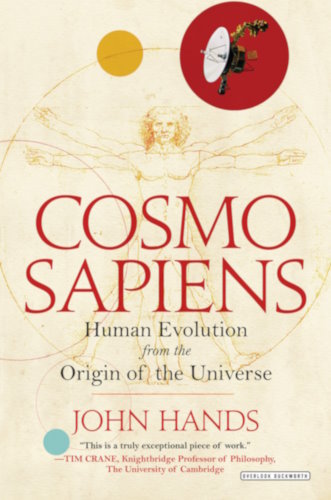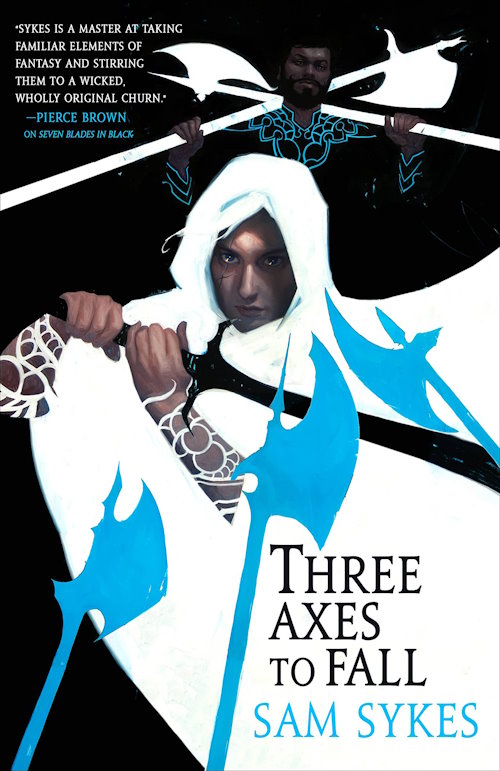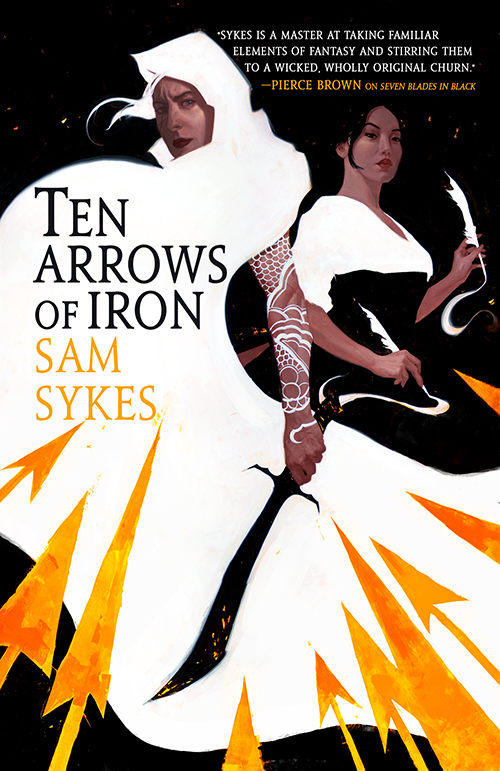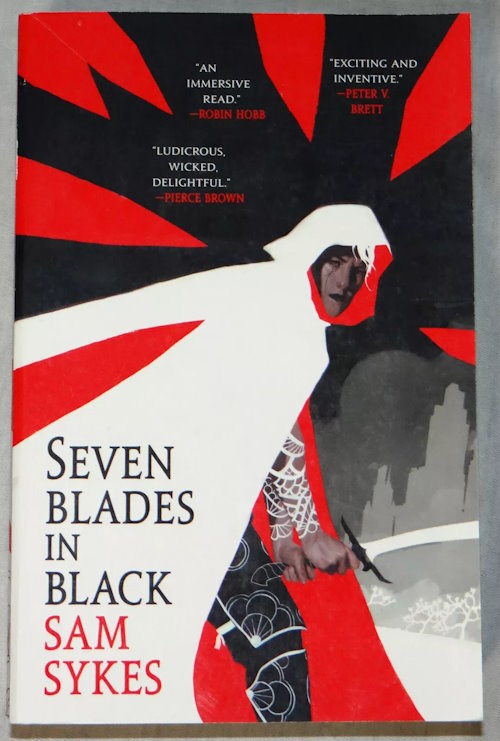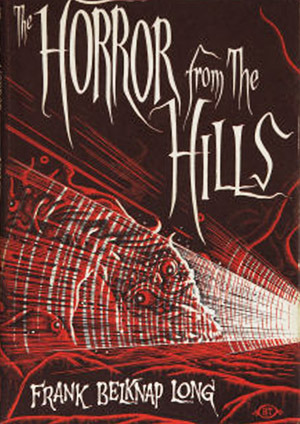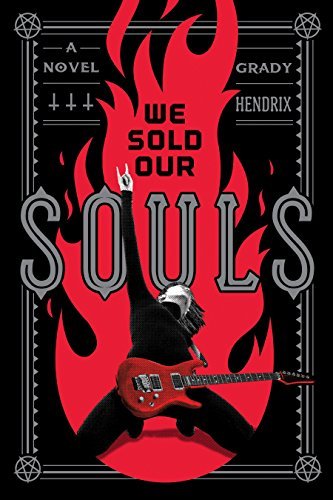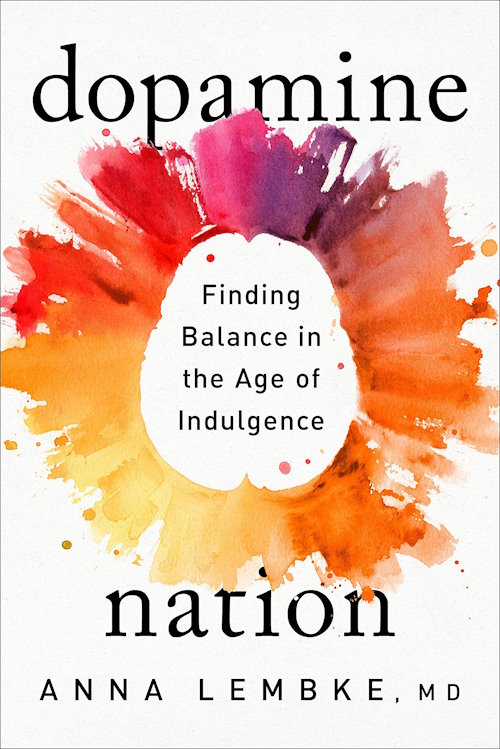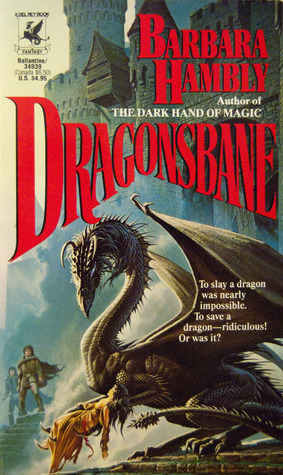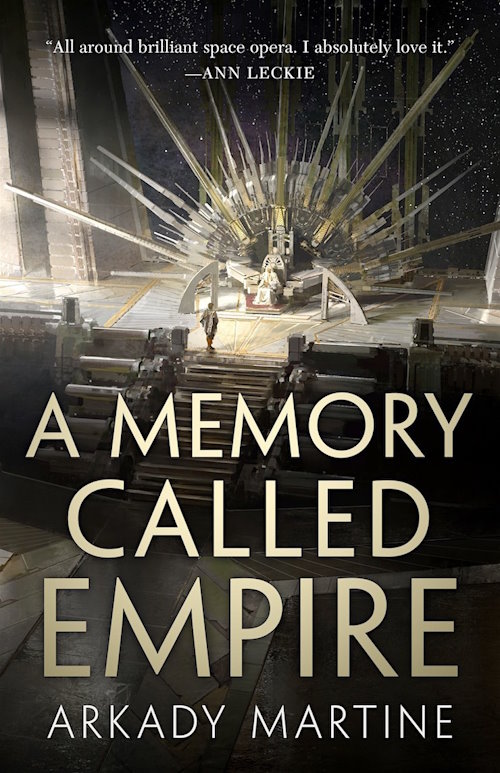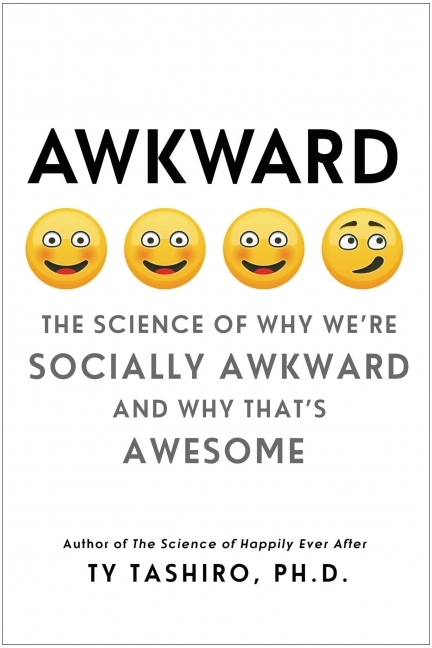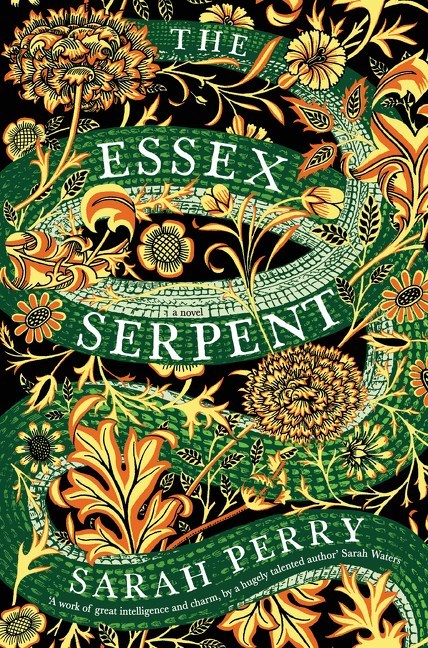
Dopamine Nation: Finding Balance in the Age of Indulgence is not so much a scientific book as an informed opinion piece. I kind of had different expectations for a book that starts with a chemical name for a neurotransmitter. This book is about addiction, not dopamine per se. Anna Lembke is Chief of the Stanford Addiction Medicine Dual Diagnosis Clinic at Stanford University., so she knows what she's talking about.
I am torn between me agreeing with most of what the book says and an instinctive dislike of the author. She came off to me as a conservative American prude, talking about the positive results of the Prohibition or prosocial shame and skewing statistics to make a point. But, really, when I try to pinpoint the things she said that I feel are completely wrong, there aren't many. She is just honest with herself and with the reader. Yes, she is appalled by the patient who builds machines to masturbate him and shares this online, but she doesn't lack the empathy required to help him. Yes, she does believe the Prohibition had positive effects, presenting statistics about it, but she's aware of the organized crime effect of it. Yes, she believes shame has a positive effect, but only in a community that also supports you and guides you to get out of the situation you're in.
I guess my instinct is to reject any social solution to one's personal problems, so that might be it. I also have a rather addictive personality, so it might be a defensive reaction. So let's discuss the book, and not how the author felt to me.
Starting with the end, here are the 10 steps that Lembke recommends for handling addiction, defined in the book as any behavior that causes harm to you or your group that you are having difficulty stopping:
- The relentless pursuit of pleasure (and avoidance of pain) leads to pain. - this is something to take note of
- Recovery begins with abstinence. - I partly agree with this
- Abstinence resets the brain’s reward pathway and with it our capacity to take joy in simpler pleasures. - this is a reductive idea, contradicted by the book's thesis, since things to get addicted to are all around us and part of what is considered normal social life
- Self-binding creates literal and metacognitive space between desire and consumption, a modern necessity in our dopamine-overloaded world. - self-binding is putting barriers between you and the thing that addicts you. - agreed.
- Medications can restore homeostasis, but consider what we lose by medicating away our pain. - agreed.
- Pressing on the pain side resets our balance to the side of pleasure. - I agree that facing your pain opens the door to more pleasure, but depends on the context.
- Beware of getting addicted to pain. - this is another thing to take note of. Pain and pleasure are not antonyms inside the brain, they are closely related in a functional sense.
- Radical honesty promotes awareness, enhances intimacy, and fosters a plenty mindset. - this is one of her central points in the book. I fully agree.
- Prosocial shame affirms that we belong to the human tribe. - tribalism is something that automatically repels me.
- Instead of running away from the world, we can find escape by immersing ourselves in it. - I am not doing that, and I should. However, going fully in the other extreme is probably worse.
And I agree with most of what she says. We live in times of abundance, where the next fix to escape reality is right around the corner. And doesn't it feel good? Apparently... not. People are more and more dissatisfied with their lives, even when those would have appeared miraculous even to people living in the '80s. It might not be hard drugs, but alcohol, maybe weed, maybe a video game or two, maybe romance novels, maybe TV series or news watching. The act of escaping reality makes us feel less real ourselves and that is what leads to that feeling of unmoored loss.
However, I don't agree with everything. One of the things that bothered me from the beginning was the way she presented statistics. Comparing absolute values of population size today and in the 1980s completely ignored the global population nearly doubled since then. Also showing relative percentual statistics between the same kind of values means nothing. I can't imagine someone as mature and educated like the author could make these kinds of mistakes unknowingly.
Then there is this idea of abstinence. I personally know what this is the method that works best against addiction, too, however it works best because it is the easiest. Just like I agree with her that our hysterical overprotection of children deprives them of skills they should have learned before they go into the world by themselves, using abstinence to evade addiction is also a type of escapism. An addict dreams of two things: the thing they are addicted to and living a normal life where they are not addicted. Well, being perfectly honest with yourself and others and going to meetings and relying on others to not relapse is all nice and good, but it's not a normal life. It's still the life of an addict. And while abstinence from hard opioid drugs is obviously a good idea, I don't know what to say about stuff like reading or watching movies. Start with abstinence, but that should be the first step only.
As for the prosocial shame, I almost agree, because in principle having people to lovingly point out your mistakes and help you get out of them is a good thing, but I don't think that the social groups Lembke was thinking about are also what I would be willing to accept.
Bottom line: something fell a bit off to me, a bit culty, in this book. I think I reacted to the overconfidence of how the author expresses her opinions. However the content is very informative and informed, while also reenforced by personal experience as a therapist. The book is also short, you can read it in a few hours, so I recommend it, but with a personal warning of caution.
